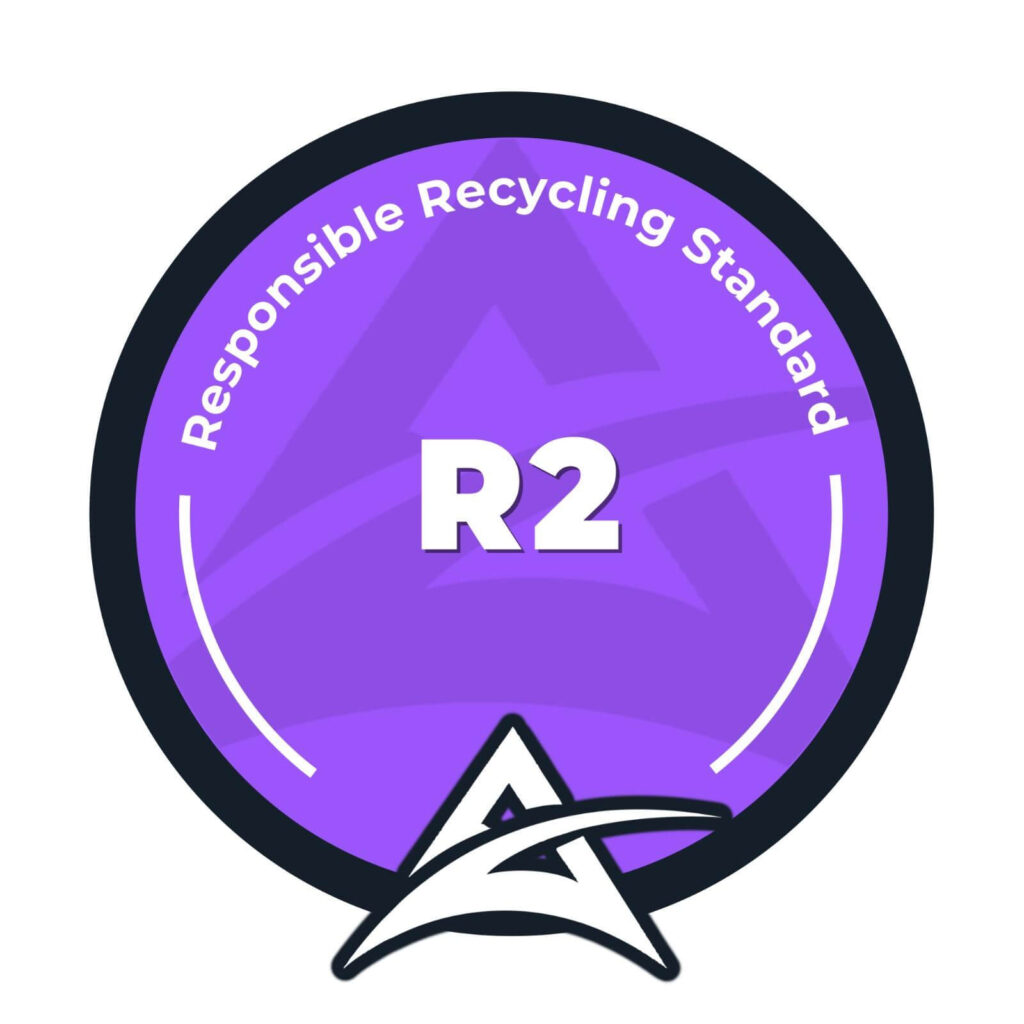
About Responsible recycling
The AS/NZS 5377 standard, developed by the Australian and New Zealand governments, establishes guidelines for safe and environmentally sound e-waste management. It emphasizes re-use, waste reduction, worker health, and environmental protection. Certification to AS/NZS 5377 is required for organizations in e-waste recycling, prompted by the need for a reliable framework amid the growing volume of electronic waste.
The R2 standard, equivalent to AS/NZS 5377, is a U.S. guideline for safe and eco-friendly e-waste management. It prioritizes re-use, waste reduction, worker health, and environmental protection. Certification to R2 is essential for e-waste recycling organizations, addressing the demand for a reliable framework amidst the increasing volume of electronic waste.
Responsible recycling Principles

Focus of Responsible recycling
- Establish and maintain a specific quality management system for medical devices.
- Ensure compliance with regulatory requirements for medical devices.
- Implement risk management processes to identify and mitigate potential risks.
- Define and control processes for the design, development, production, and service of medical devices.
- Establish clear leadership responsibilities and commitment to quality.
- Efficiently allocate resources to support the quality management system.
- Conduct validation and verification activities.
Benefits of Responsible recycling

Provides a Framework to Implement an Effective E-Waste Management System.
Reduces the Hazards Associated with E-Waste Management.
Reduces the Risk of Non-Compliance with Legislation and Subsequent Costs or Prosecution.
Promotes E-Waste Management Best Practices.
Reinforces Good E-Waste Management Behaviours.
Improves your Brand Image and Demonstrates your Organisation’s Commitment to the Environment.
Increases your Access to New Customers and Business Partners.
Improves Managing your Environmental Risks, Now and in the Future.
Reduces Insurance Premiums, Waste Handling Costs, and Other Related Fees.
Attracts Investment, Enhances Brand Reputation and Removes Barriers to Trade.
Provides an Advantage over Competitors who are not Certified

Frequently Asked Questions
The R2 (Responsible Recycling) Standard is a set of guidelines developed by SERI (Sustainable Electronics Recycling International) to promote responsible practices in the recycling and refurbishment of electronic equipment. It encompasses environmental, health, safety, and data security requirements to ensure proper management of electronic waste.
R2 Certification involves undergoing an audit to demonstrate compliance with the R2 Standard’s requirements. This includes establishing proper recycling processes, documenting downstream management of materials, adhering to environmental and safety regulations, and continually improving recycling practices.
AS/NZS 5377-E is the Australian/New Zealand Standard for the Collection, Storage, Transport, and Treatment of Electrical and Electronic Equipment (EEE) waste. It provides guidance on handling EEE waste to minimize environmental impact, ensure worker safety, and promote resource recovery and recycling.
Organizations involved in the collection, storage, transport, and treatment of electrical and electronic equipment waste in Australia and New Zealand need to comply with AS/NZS 5377-E. This includes recyclers, waste management facilities, collection centers and transporters.
Organizations can achieve compliance with R2 and AS/NZS 5377-E by implementing the necessary processes, procedures, and controls outlined in the respective standards. This may involve establishing proper recycling practices, documenting procedures, providing training to employees, and undergoing regular audits for certification.


